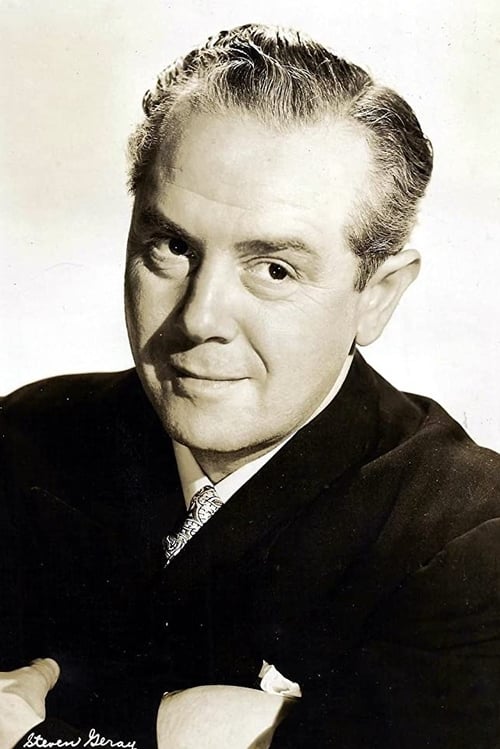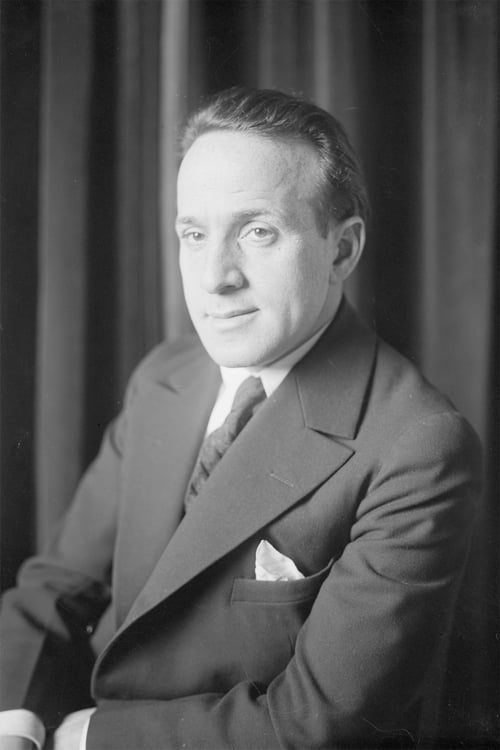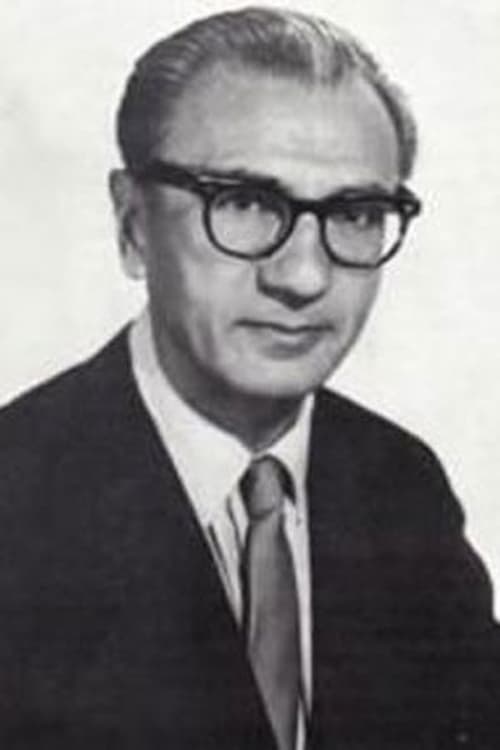To My Unborn Son (1943)
ジャンル : ドラマ, 戦争
上映時間 : 9分
演出 : László Kardos
脚本 : Lewis Jacobs
シノプシス
A Yugoslav man, dying after being shot while attempting to help defend his village, writes a letter of encouragement and hope to his unborn child, explaining what he was fighting for in resisting the Nazi invasion of his homeland. A John Nesbitt's Passing Parade short.
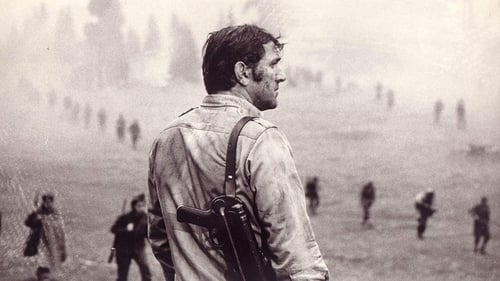
The headquarters of the Marshal Tito's Liberation Army are surrounded by Axis forces. The Partisans have no choice but to fight their way out of the encirclement and face the enemy on the plains of Sutjeska.

In order to check the German offensive, Partizans send an elite team of explosive experts to blow up a strategically important bridge. Besides being heavily guarded, that bridge is almost indestructible and the only man who knows weak spots in the construction is the architect who built it. He is, however, reluctant to cooperate because he doesn't want to see his masterpiece destroyed.
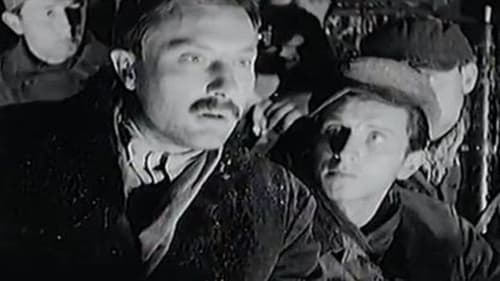
Down under the constant attacks of the German and Bulgarian forces, headquarters one of the partisan detachment in the midst of a severe winter and snow and difficult terrain, with many wounded, he decided to leave the mountain Jastrebac. Gvozden, a peasant from that area, brave warrior, opposes such a decision, was gets ready to leave the unit before detachment. In the interests of discipline, however, Gvozden was convicted and executed on the spot, although it regrets the whole squad.

A research-based essay film, but also a very personal perspective on the history of socialist Yugoslavia, its dramatic end, and its recent transformation into a few democratic nation states.

A group of young illegals collect weapons in order to help partisans to liberate the occupied city of Belgrade.

A partisan battalion who was surrounded from all sides brings up decision to enter the city, so that the fighters could rest and recover. Due to fear of one of the partisans, the enemy discovers their plan, but fails to sabotage it.

Through the conversation with Yugoslav film authors and excerpts from their films, this documentary film tells a story of a film phenomenon and censorship, and its focus is, in fact, a painful epoch of Yugoslav film called “a Black Wave”, which was the most important and artistically strongest period of Yugoslav film industry, created in the sixties and buried in the early seventies by means of ideological and political decisions. The film tells a great “thriller” story of the ideological madness which characterised the totalitarian psychology having left multiple consequences felt up to our very days. It stresses similarities between totalitarian regimes defending their taboos on the example of the persecution of the most important Yugoslav film authors. Those film authors have, however, made world careers and inspired many later authors. The film is the beginning of a debt pay-off to the most significant Yugoslav film authors.

Careless lives of few Belgrade youths are shattered when Nazis occupy their town in 1941. Soon they join the resistance movement and their activities bring their names to Gestapo's termination list. This movie inspired the series that would get cult status in former Yugoslavia.

This is a movie about the start of people's uprising in Montenegro in World War II. After the capitulation of the Yugoslav Royal Army in April 1941, the Italians managed to infiltrate their puppet regime in Montenegro. However, people dissatisfied with the new authorities, on July 13, 1941 decided that the Communists led start to fight for freedom.
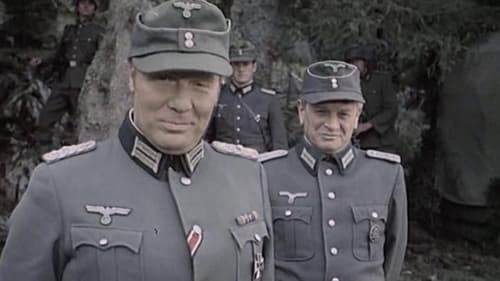
During the Battle of Sutjeska, partisan troops must endure 24 hours of big and heavy attacks on German units Ljubino grave, to the main Partisan units, with the wounded and the Supreme Headquarters, pulled out the ring that is tightened around them.

During the Battle of Sutjeska, headquarters one of the a partisan detachment, decides to enter deeper into the forest to save a few soldiers and wounded from inevitable death. Commander of the detachment, sent a group of fighters in the reconnaissance. As time goes on, the Germans are getting closer to discovering the detachment and wounded, hunger, exhaustion, forcing people to surrender, but at the time of surrender, and when the Germans discovered detachment, there is a sudden rescue from the group that was in the field reconnaissance.

Young farmer Mikajlo while on youth labour action falls in love with a student Nada and infatuated with her, he leaves the peasant brigade and Malena, a girl who as if she were overabundant, followed him to work the labour action. Mikajlo's courtship of Nada provokes laughter and ridicule, so ambitious 'Don Juan' returns to his brigade and the girl.

"Andremo in città" (We'll Go to the City) is a 1966 Italian drama film directed by Nelo Risi. It is based on the novel of the same name by Edith Bruck, Risi's wife. Bruck, a Hungarian concentration camp-survivor, settled in Italy after the Second World War and wrote about her experiences in autobiographical and fictional formats.[1] The film stars Geraldine Chaplin and Nino Castelnuovo.

A mysterious person is killing pro-Nazi officials in a small Serbian town. A group of children accidentally reveal his identity.

Lado Tajovic, a student, is charged by the communist party to go to his home in the Montenegrin Mountains, to illegally spread the liberation movement's propaganda. Alone, surrounded by enemies, always awake and ready to evade traps and ambushes, Lado fights on the verge of sleep, against people which are cowards ready to betrayal. He fights his own temptations, hallucinations that constantly besiege him. Although he perseveres in holding to party directives: no killing and no revenge, Lado at one moment of weakness falls to a primal human act vengeance.

Partizan commisar, a Communist intellectual from Zagreb, must bring the group of Serb partizans in line.

Yugoslav farmer-turned-partisan Slavko Babić starts an uprising against the fascist Germans and their allies.

Somewhere in Bosnia in 1943 between the fourth and fifth enemy offensives column partisans withdrew across a river to free territory. At the moment of crossing the river, a group of Chetniks suddenly attack a column of partisans. In this violent attacks, a lot of partisan dies. Manage to cross the river and so be saved from bullets, only few partisans as a young partisan Radojica young nurse partisan Milica. Radojica and Milica cut off from his brigade, moving in their difficult and arduous hike over the mountains in the hope that they will meet again with the brigade. In this wandering, they will encounter a series of tragic-comic situations. Since the departure of Radojice in prison and subsequent flight to several grisly encounter with the Chetniks, to find the brigade and brave and daring capture of the entire Chetnik detachments and Chetnik duke who was responsible for the attack on the partisans.

The plot lasts from 1945 until today's day. Pavle, Stojan and Dragisa, the three war friends are taking different positions within the society immediately after the war. Pavle, a former war commissar, is now a school teacher. Thanks to him, Stojan, who was a bakery assistant before the war, does the job of a district committee's secretary, while Dragisa works in the state's secret police. The reason of conflict between Pavle and Stojan in 1947 was Stojan's fiancée Lena, who loves Pavle, marries him and gets pregnant, right when Pavle is taken to the state prison. Stojan accepts his wife and kid again, but the avalanche of political events will make all them unable to stop the inevitable catastrophe.
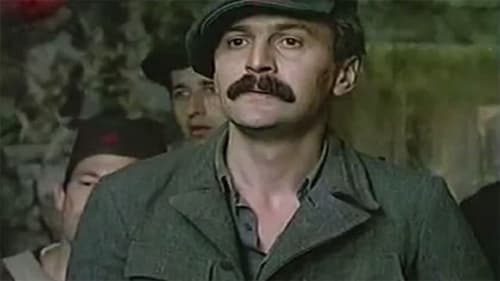
After the end of World War II, a young partisan falls in love with a German secretary who is captured and imprisoned by partisans. He decides to free her and escape with her.

